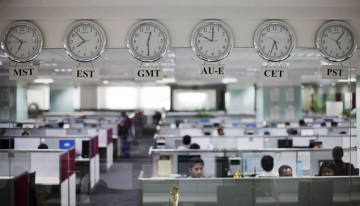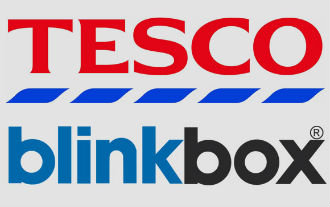 Global mobile phone sales declined in 2012 as a result of the economic climate and intense market competition Gartner has said.
Global mobile phone sales declined in 2012 as a result of the economic climate and intense market competition Gartner has said.
In its latest report the analyst company said that 2012 mobile phone sales hit 1.75 billion units, a decline of 1.7 percent from 2011. And it was smartphones that bolstered this number with the fourth quarter of last year marking a record sale rate of 207.7 million units, up 38.3 percent from the same period last year.
The last time the worldwide mobile phone market declined was in 2009 and this year’s dismal results were as a result of tough economic conditions, shifting consumer preferences and intense market competition weakened the worldwide mobile phone market this year, the company said.
It added that feature phones were neglected with a 19.3 percent decline in 2012. And there was bad news for this sector with the company predicting that 2013 would continue to see a decline.
Smartphones were given a better future with the company claiming that sales of these would be close to one billion units in 2013, while overall mobile phone sales were estimated to reach 1.9 billion units.
And this market also bought in the bucks for manufacturers with Apple and Samsung both seeing their market shares in this sector rise. However, it was Samsung who had the last laugh ending up in first place for overall mobile and smartphone sales in 2012. Gartner said this was as a result of the company’s ability to build products based on broad needs.
But Samsung was warned that there could be trouble ahead with Gartner’s crystal ball predicting that competition would intensify in 2013 as players such as Sony and Nokia improved.
Huawei also had a good fourth quarter, helping it to take on third position for the first time in the smartphone sales race. The company sold 27.2 million smartphones, up 73.8 percent from 2011, while its Ascend D2 and Mate models were tipped to drive further sales for 2013.
Nokia’s handset sales improved from a good response to its Asha mobile phones and the launch of the latest Lumia Windows Phone 8 models.
However, this wasn’t enough to stop Nokia to lose further market share, totalling 18 percent, the lowest it has ever been. In 2012, Nokia reached 39.3 million smartphone sales worldwide, down 53.6 percent from 2011.



















